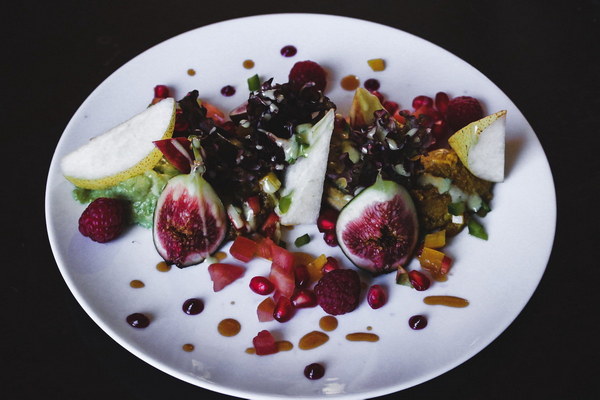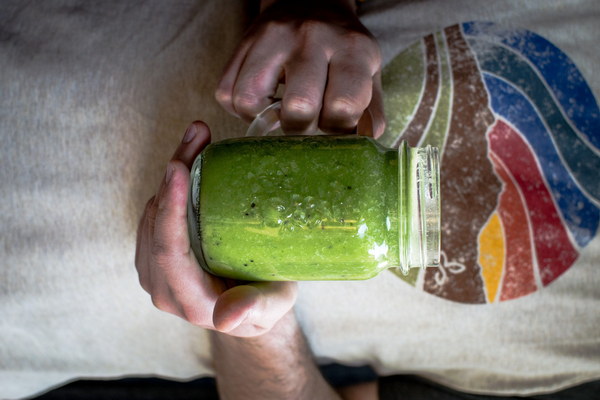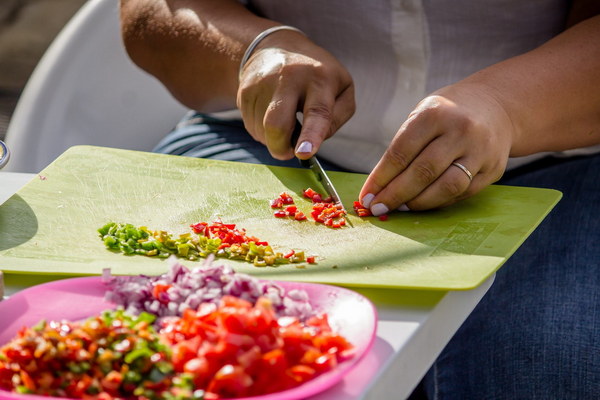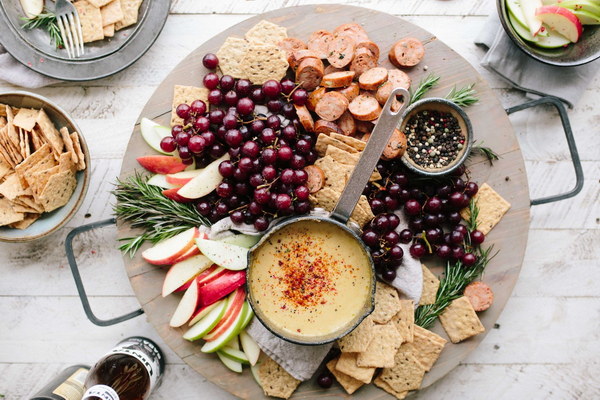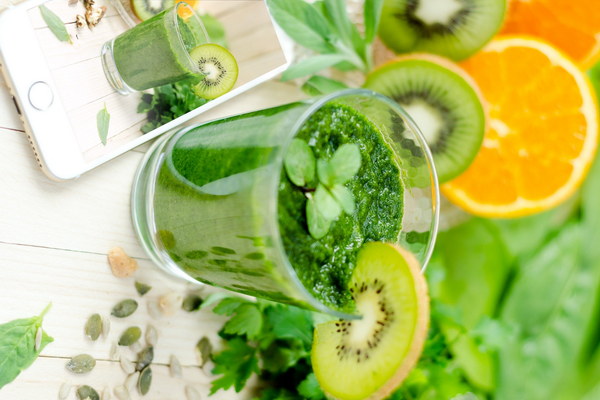Gut Woes Nourish Your Stomach with These Gentle Healing Tips for Gastric Pain
Are you constantly battling with the discomfort of gastric pain? It's time to take a stand against the irritation and nurture your stomach back to health. Proper nourishment is key when it comes to healing and preventing stomach pain. Here's a comprehensive guide on how to gently heal your stomach and say goodbye to the constant ache.
Understanding Gastric Pain

Before we delve into the remedies, it's crucial to understand the causes of gastric pain. Common triggers include:
- Dietary indiscretions: Overeating, consuming spicy or fatty foods, and drinking alcohol can irritate the stomach lining.
- Gastroesophageal Reflux Disease (GERD): Acid reflux can cause pain in the upper abdomen.
- Stress: High levels of stress can exacerbate stomach issues.
- Infections: Bacteria like Helicobacter pylori can lead to ulcers and pain.
- Inflammation: Conditions like Crohn's disease and ulcerative colitis can cause abdominal pain.
The Importance of a Gentle Healing Approach
When dealing with gastric pain, it's essential to adopt a gentle approach. Aggressive treatments can sometimes worsen symptoms or lead to complications. Here are some tips to help you heal your stomach without causing further harm.
1. Opt for Easy-to-Digest Foods
Start by incorporating foods that are gentle on your stomach. Here's a list of foods that can help soothe your stomach:
- Bland carbohydrates: Oatmeal, rice, and bananas are great options.
- Milk and dairy products: Milk, yogurt, and cheese can provide soothing properties.
- Chicken and turkey: Lean proteins are easy on the stomach when cooked in a broth or as a soup.
- Vegetables: Boiled or steamed vegetables like carrots, green beans, and sweet potatoes are gentle on the stomach.
- Fruits: Soft fruits like applesauce, bananas, and cooked pears are easier to digest.
2. Hydration is Key
Drinking plenty of fluids is essential for stomach health. Water, herbal teas, and clear broths can help keep your stomach settled. Avoid caffeine, alcohol, and carbonated beverages, as they can irritate the stomach lining.
3. Eat Smaller, More Frequent Meals
Instead of three large meals, try eating smaller, more frequent meals throughout the day. This can help prevent overeating and reduce the strain on your stomach.
4. Avoid Trigger Foods
Identify and avoid foods that trigger your stomach pain. Common culprits include:
- Spicy foods: These can irritate the stomach lining.
- Fatty foods: High-fat meals can lead to indigestion and discomfort.
- Caffeinated beverages: Caffeine can exacerbate acid reflux and stomach pain.
- Alcohol: Alcohol can irritate the stomach and lead to inflammation.
5. Manage Stress
Stress can exacerbate stomach pain, so it's essential to find healthy ways to manage it. Consider:
- Mindfulness and meditation: These practices can help reduce stress levels.
- Physical activity: Regular exercise can improve your mood and reduce stress.
- Aromatherapy: Scents like lavender and chamomile can help calm the mind and reduce stress.
6. Seek Medical Advice
If your stomach pain persists or worsens, it's crucial to seek medical advice. Your doctor can help determine the cause of your pain and recommend appropriate treatments.
Conclusion
Healing your stomach doesn't have to be a painful process. By adopting a gentle healing approach, you can soothe your stomach and reduce pain. Remember to listen to your body, avoid trigger foods, and manage stress. With patience and the right care, your stomach can be well on its way to recovery.
